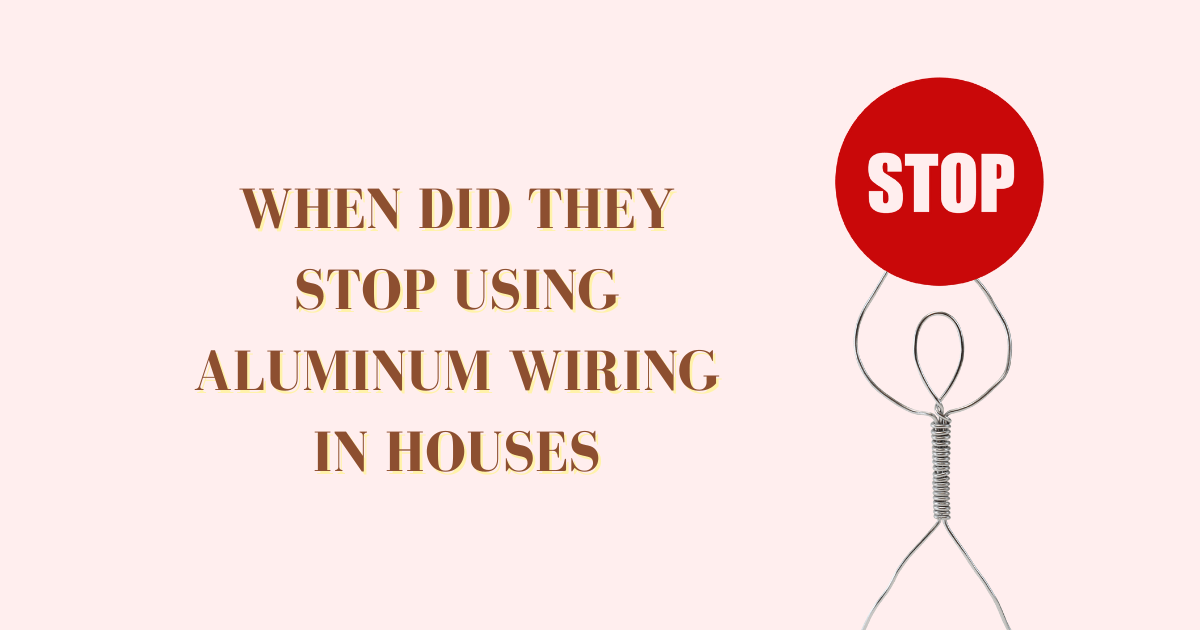Too Many Requests from Your Network
Please complete verification to access this content.
Due to its cost-effectiveness, aluminum wiring in houses was once a popular option, but it eventually became infamous for its fire hazard potential. In this blog post, we’ll explore when and why aluminum wiring started to decline, ultimately becoming a thing of the past.
In the era of aluminum wiring:
It was during the 1960s and 1970s that aluminum wiring became popular in residential construction. At that time, it was seen as a cost-effective alternative to copper wiring, which was more expensive. During this period, aluminum wiring was extensively used.
Aluminum wiring raised concerns for the following reasons:
There were several reasons why aluminum wiring became a concern:
Thermal Expansion:
In comparison with copper, aluminum wire expands and contracts more when electrical current passes through it, potentially causing loose connections.
The oxidation process:
Wires made from aluminum are susceptible to oxidation, which can degrade their integrity and increase their resistance.
Fire hazards have increased:
Electrical fires can be caused by loose connections and resistance in aluminum wiring.
The Shift to Copper Wiring:
In the late 1970s, copper wiring became the standard for residential electrical systems due to its better conductivity and less proneness to safety issues than aluminum wiring.
When Did They Stop Using Aluminum Wiring in Houses?
While the widespread use of aluminum wiring for residential construction had largely ceased by the late 1970s, it’s important to note that some houses built during this era may still have aluminum wiring. The decline in its use was a gradual process rather than an abrupt halt.
Conclusion
The use of aluminum wiring in houses began to decline in the early 1970s and was phased out by the mid-1970s. Aluminum wiring is a fire hazard because it is more prone to corrosion and overheating than copper wiring. An electrician should inspect your aluminum wiring and take steps to reduce fire risks if you have any.
For homes with aluminum wiring, here are some additional tips to reduce fire risk:
-
Circuits should not be overloaded.
-
Each circuit should be wired with the appropriate size.
-
Heat sources should not be near electrical cords.
-
Use only outlets and cords that are in good condition.
-
A qualified electrician should inspect your electrical system on a regular basis.
You can help keep your home safe from fire by following these tips.
